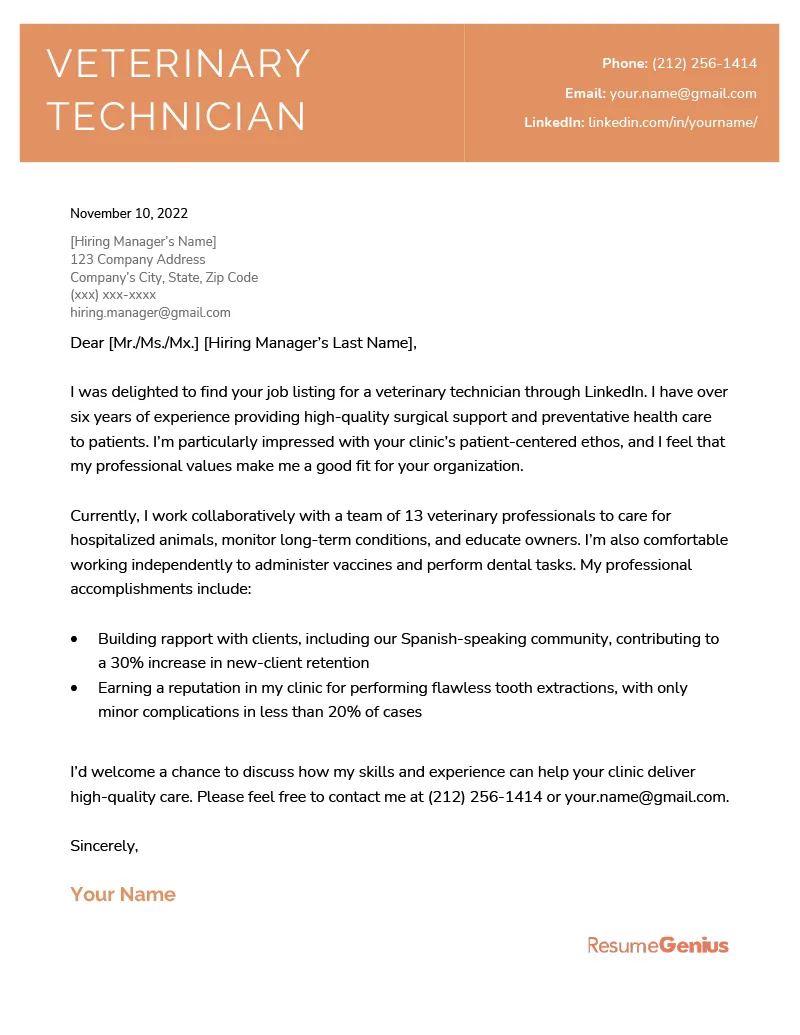What is a Cover Letter?
A cover letter is a crucial document that accompanies your resume when applying for a job. Think of it as your personal introduction to a potential employer. It serves as an opportunity to highlight your skills, experience, and passion for the role, providing context to your resume and expressing your genuine interest in the position. Unlike a resume, which is a concise summary of your qualifications, a cover letter allows you to tell a story, connecting your experiences to the specific job requirements and demonstrating how you can contribute to the company’s success. It’s your chance to make a strong first impression and convince the hiring manager that you are the right fit.
The Ideal Cover Letter Length
The ideal length for a cover letter is generally one page. This isn’t a hard and fast rule, but rather a guideline. Aim for a cover letter that is concise, easy to read, and packed with relevant information. The goal is to provide enough detail to pique the reader’s interest without overwhelming them. A cover letter that extends beyond one page risks losing the reader’s attention, especially if it contains unnecessary information or rambling sentences. However, if you have extensive experience and compelling reasons to include more, you may stretch it slightly, but always prioritize clarity and relevance.
Page Length Considerations
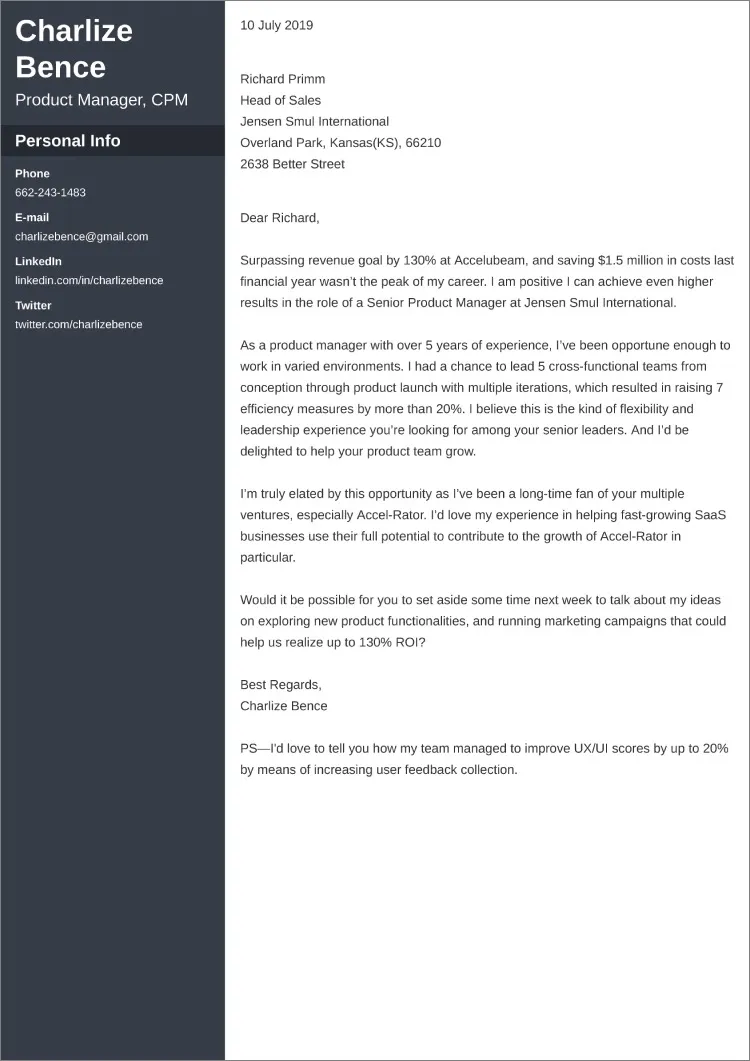
Keeping your cover letter to one page is generally the best practice. This ensures that the hiring manager can quickly grasp the essential information about your qualifications and interest in the role. If you find yourself exceeding one page, carefully review the content to see where you can condense information or remove less critical details. Consider whether you can combine sentences, eliminate redundancies, or prioritize the most impactful aspects of your experience. In some rare cases, such as when applying for a highly specialized role or when you have a wealth of directly relevant experience, a slightly longer letter might be acceptable, but always prioritize being succinct and clear.
Word Count Guidelines
While page length is a good indicator, word count offers a more precise measure. A well-written cover letter typically falls within the range of 250 to 400 words. This word count allows you to provide enough detail to illustrate your qualifications and interest without being overly verbose. Sticking to this range demonstrates your ability to communicate effectively and concisely, a valuable skill in any professional setting. Always focus on the quality of your writing, ensuring each word contributes to the overall impact of your letter. Edit ruthlessly, removing any unnecessary words or phrases that dilute your message.
Font size and spacing impacts
The font size and spacing of your cover letter significantly affect its readability and perceived length. Use a professional font like Times New Roman, Arial, or Calibri in a size between 10 and 12 points. This ensures that your text is easy on the eyes and fits comfortably on a single page. Consistent use of font size is essential for creating a professional look. Maintain single or 1.15 line spacing with consistent margins (typically 1 inch on all sides). These formatting choices can subtly influence the perceived length of your letter. Proper formatting creates an inviting presentation, making your letter more appealing to the reader and helping you stay within the recommended word count.
Impact on Readability and Engagement
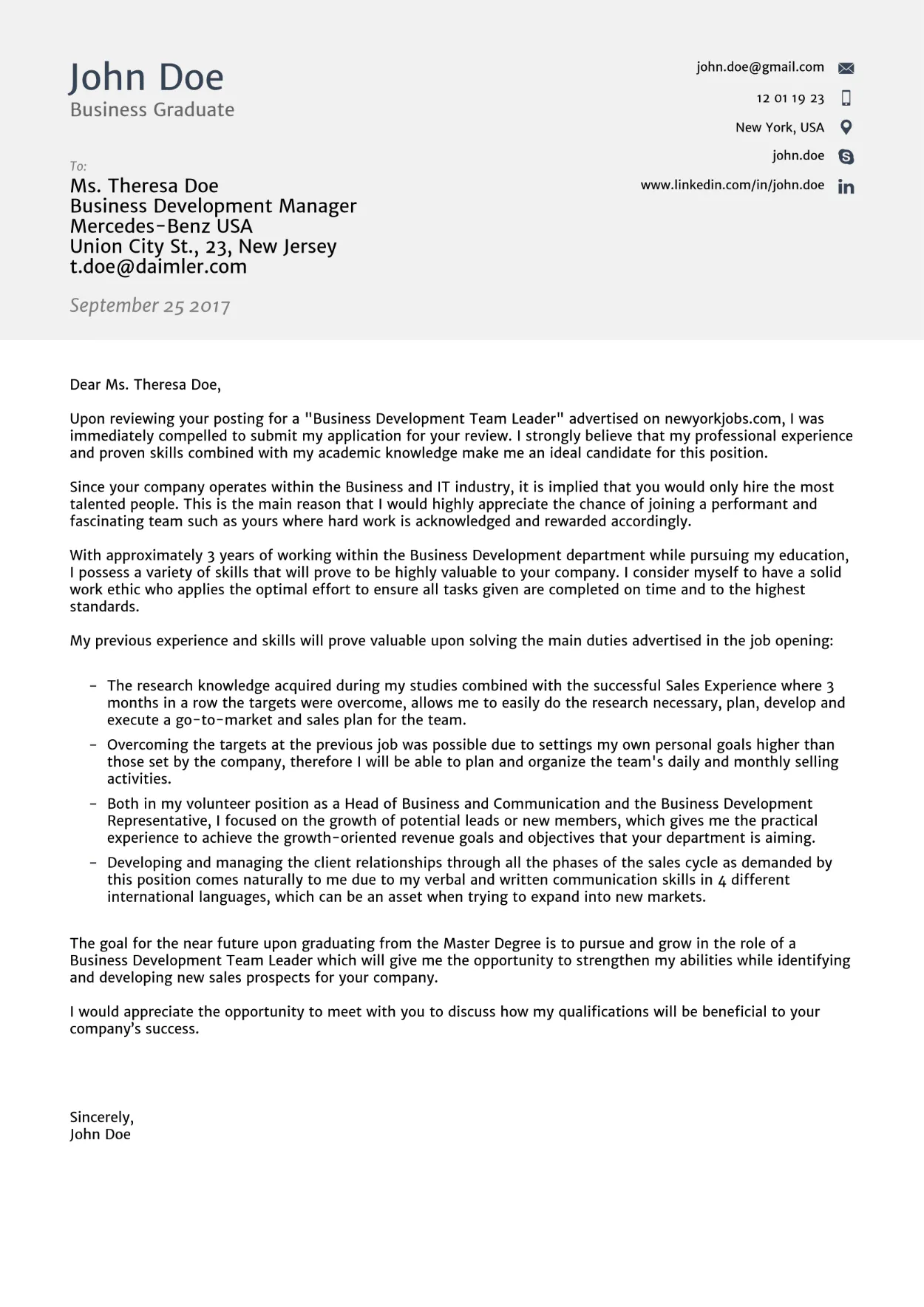
The length of your cover letter directly impacts its readability and how engaged the reader will be. A concise and well-written letter is much more likely to capture and hold the hiring manager’s attention. Long, rambling cover letters can lead to disinterest, as the reader may become overwhelmed or struggle to find the essential information. Break up large blocks of text with shorter paragraphs, use bullet points to highlight key accomplishments, and ensure your language is clear, direct, and easy to understand. Make every word count, emphasizing the value you bring to the organization and making it easy for the reader to see how you fit the role.
Why Brevity Matters
Brevity in a cover letter is a virtue for several reasons. Hiring managers often have a large volume of applications to review, and they need to quickly assess each candidate’s qualifications. A concise cover letter saves them time and helps them quickly identify the most relevant information. Demonstrating your ability to write clearly and concisely is a crucial skill in the professional world. It shows that you can effectively communicate your ideas and summarize complex information. Keeping your letter brief ensures that you focus on the most critical aspects of your experience, highlighting your strengths and making a compelling case for your candidacy.
Formatting for Impact
Effective formatting is crucial to presenting your cover letter in the best possible light. Use clear headings and subheadings to organize your content, making it easy for the reader to follow your key points. Employ bullet points or numbered lists to showcase specific achievements or skills. Ensure consistent margins and spacing throughout your letter. Proofread your cover letter carefully to eliminate any typos or grammatical errors, which can detract from your professionalism. A well-formatted cover letter conveys professionalism and attention to detail, which are important qualities that hiring managers look for in potential employees.
What to Include in Your Cover Letter
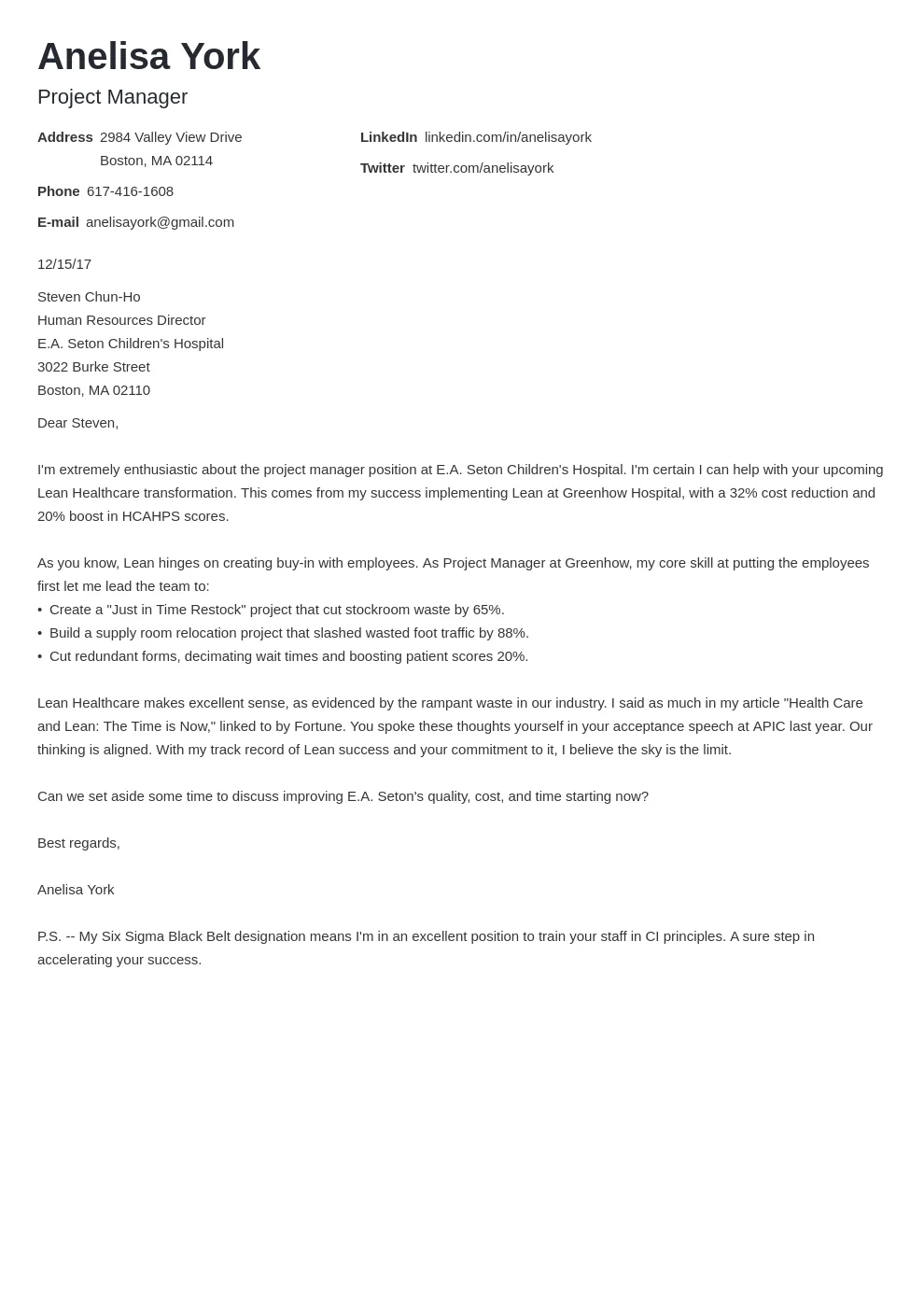
A compelling cover letter typically includes several key elements. Start with a professional heading that includes your contact information and the date. Address the hiring manager by name, if possible. In the opening paragraph, state the position you’re applying for and briefly express your interest. The body of your letter should highlight your relevant skills and experience, providing specific examples of your accomplishments. Explain why you’re a good fit for the company and the role. Conclude with a strong closing paragraph, reiterating your interest and thanking the hiring manager for their time. Keep it focused and be sure to tailor it to the specific job.
Key Information to Highlight
When writing your cover letter, focus on highlighting the information that is most relevant to the job you’re applying for. Identify the key skills and qualifications that the employer is seeking and demonstrate how your experience aligns with those requirements. Provide specific examples of your accomplishments, using quantifiable results whenever possible. Showcase your understanding of the company’s mission, values, and goals, and explain how you can contribute to their success. Tailoring your cover letter to the specific job demonstrates your genuine interest and increases your chances of getting noticed by the hiring manager.
Tailoring Your Cover Letter Length
While the one-page guideline is generally applicable, there are times when you might need to adjust the length of your cover letter. For example, if you’re applying for a senior-level position or a role that requires a diverse range of experience, you might need to provide more detailed information. However, always prioritize conciseness. Consider which aspects of your experience are most relevant to the job and focus on those. If you have a long and impressive work history, you might need to summarize some experiences, emphasizing the most significant accomplishments and relevant skills. The goal is to strike a balance between providing sufficient detail and avoiding unnecessary length.
How to Determine the Right Length
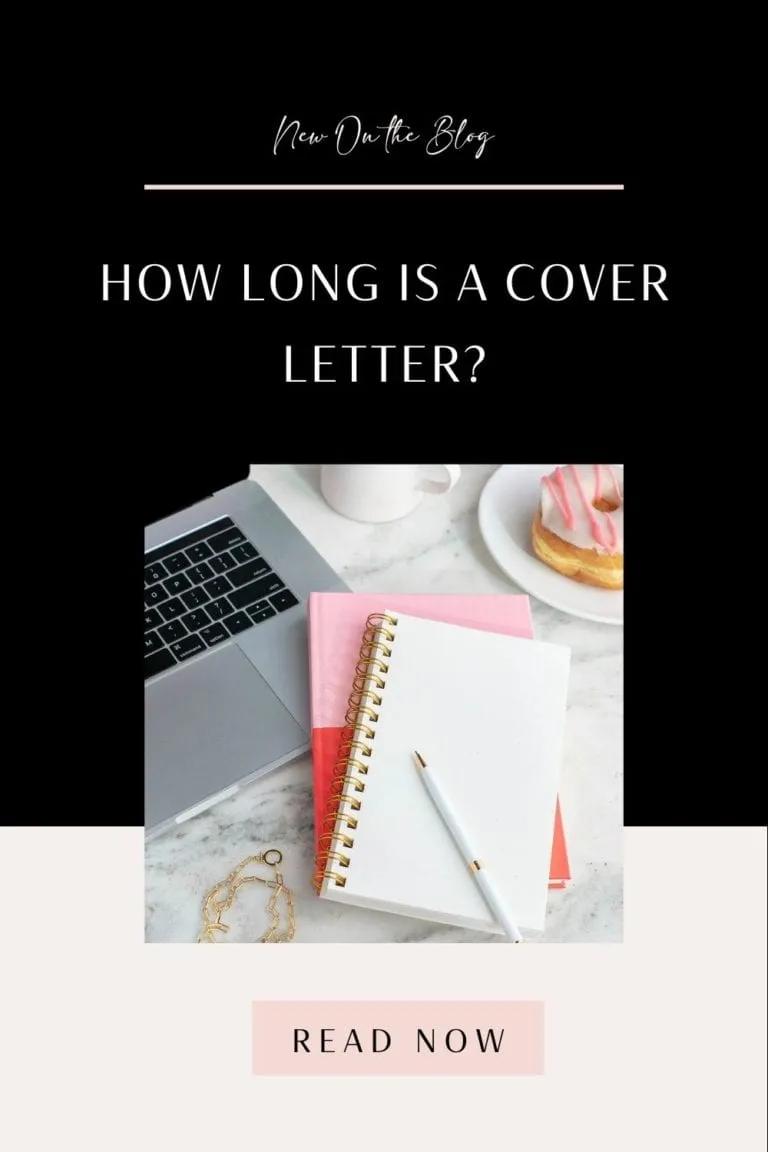
The best way to determine the ideal length for your cover letter is to consider the specific requirements of the job you’re applying for and tailor your letter accordingly. Review the job description carefully, noting the key skills and qualifications the employer is seeking. Use these details as a guide to highlight your most relevant experience and accomplishments. Write your cover letter, and then review it critically. Does it effectively convey your qualifications? Is it easy to read and understand? Can you make it more concise without sacrificing critical information? Get feedback from trusted friends, mentors, or career advisors to ensure your cover letter is clear, compelling, and appropriately sized.
Common Cover Letter Length Mistakes to Avoid
Several common mistakes can negatively impact your cover letter. One major error is going over the recommended one-page length without a good reason. Avoid including irrelevant or excessive information. Another mistake is failing to tailor your cover letter to the specific job, making it appear generic and impersonal. Grammar and spelling errors can also undermine your credibility, so proofread carefully. Lastly, avoid being overly verbose or using complex language that makes your letter difficult to read. Strive for clarity, conciseness, and a strong focus on the employer’s needs.
Going Over the Ideal Length
Going over the ideal one-page length for a cover letter can be detrimental. It can signal a lack of focus, poor communication skills, or a disregard for the reader’s time. Hiring managers may quickly lose interest in lengthy letters, especially if the additional content isn’t directly relevant to the job. To avoid this, carefully review your cover letter and remove any unnecessary information. Prioritize the most essential details and try to present them as concisely as possible. Consider what the hiring manager wants to know about you and make sure that information is presented in a clear, direct way. If you can’t make it fit in one page, see if you can break it into several shorter paragraphs or use bullet points.
Skipping Important Information
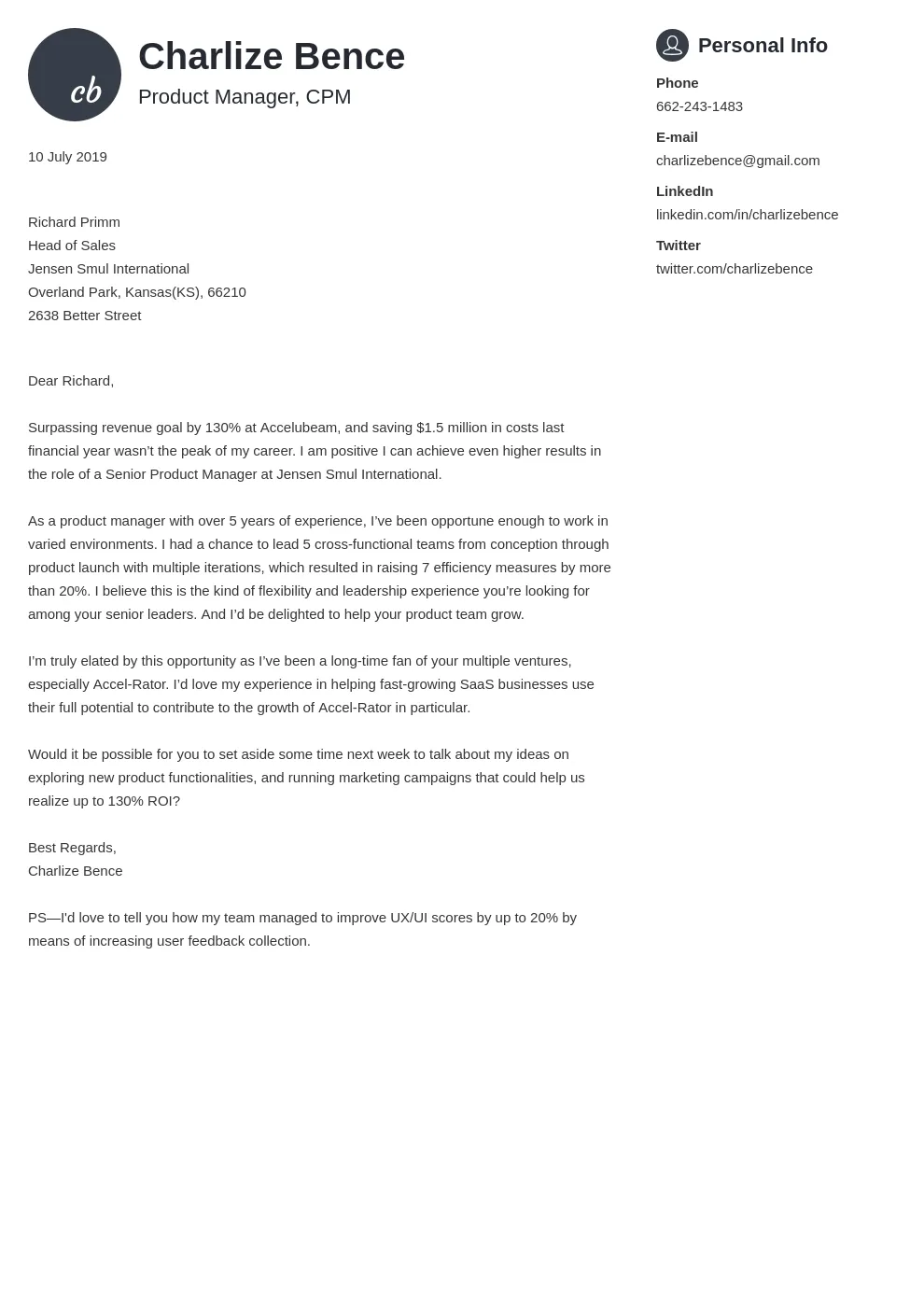
While brevity is essential, it’s equally important not to omit crucial information. Make sure your cover letter highlights your most relevant skills and experience. If you’re trying to keep your letter concise, you might be tempted to leave out important details, such as specific accomplishments, quantifiable results, or details about your education and certifications. However, this could diminish the impact of your application and make it harder for the hiring manager to assess your qualifications. Prioritize the information that directly relates to the job’s requirements and demonstrates your ability to succeed. Carefully balance conciseness and completeness.
The Benefits of a Concise Cover Letter
A concise cover letter offers several advantages. It demonstrates your ability to communicate clearly and effectively. It shows that you respect the hiring manager’s time. It helps ensure that your key qualifications are highlighted. It increases your chances of making a positive first impression. A well-written, concise cover letter conveys professionalism and attention to detail, enhancing your overall application. It shows you understand the importance of brevity and can get straight to the point. By keeping your cover letter focused and easy to read, you increase the likelihood that the hiring manager will pay close attention to your application.
Impressing the Hiring Manager
Your cover letter is an opportunity to impress the hiring manager and make a memorable first impression. A well-crafted cover letter shows that you have taken the time to understand the job requirements and tailor your application accordingly. It showcases your communication skills and demonstrates your enthusiasm for the role. Highlight your key achievements and how they align with the company’s needs. Explain why you’re a great fit for the company’s culture and values. Proofread your cover letter carefully to ensure that it is free of errors. A well-written, concise, and personalized cover letter will significantly increase your chances of landing an interview and securing your desired job.
FAQs on Cover Letter Length
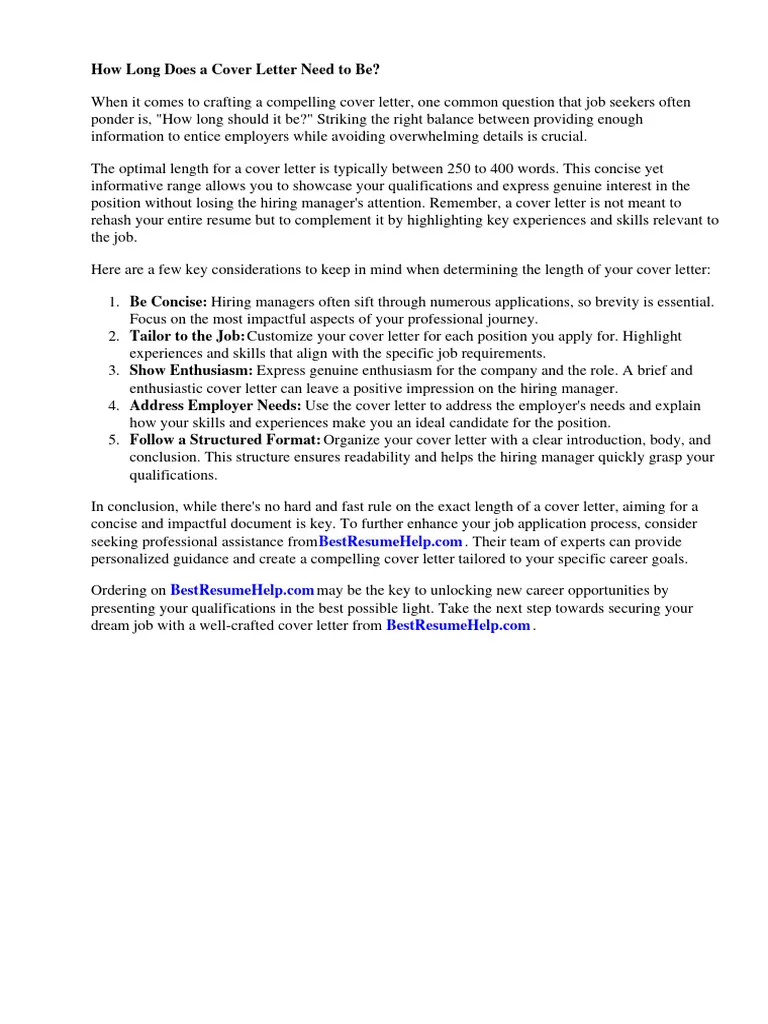
Here are some frequently asked questions regarding cover letter length. What is the ideal length of a cover letter? One page is the standard recommendation. Can I go over one page? In some cases, it might be acceptable, but it is essential to justify the length. How many words should a cover letter contain? Ideally, between 250 and 400 words. What font should I use? Use a professional font like Times New Roman or Arial in a size between 10 and 12 points. Should I include my salary expectations? Yes, but it depends on the job and where you are applying.
